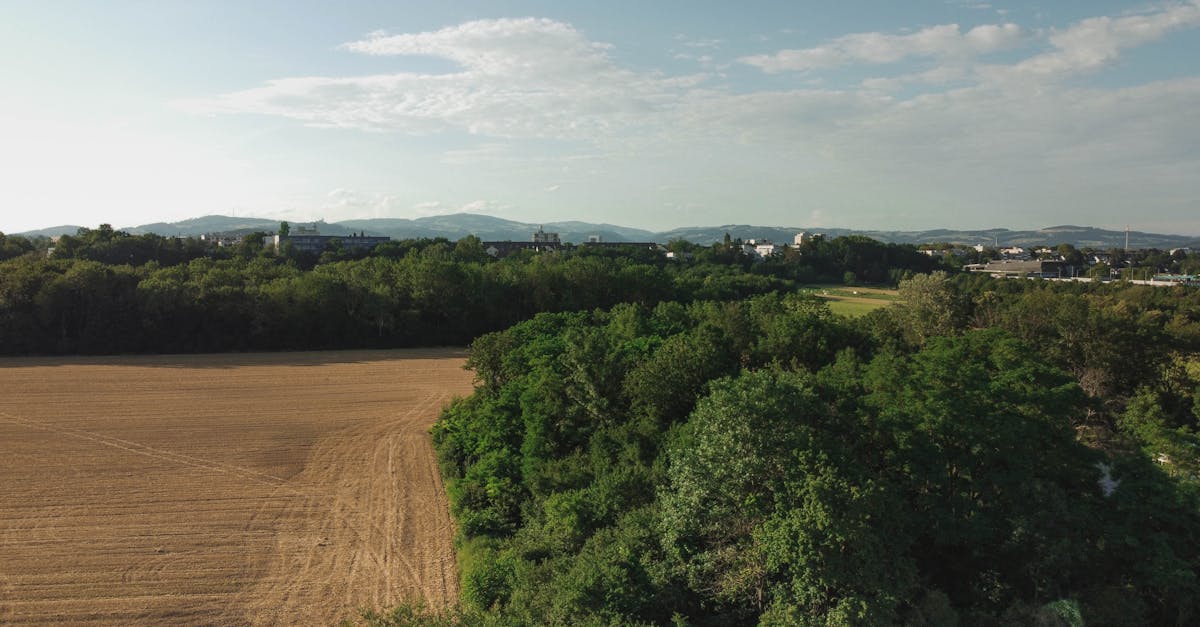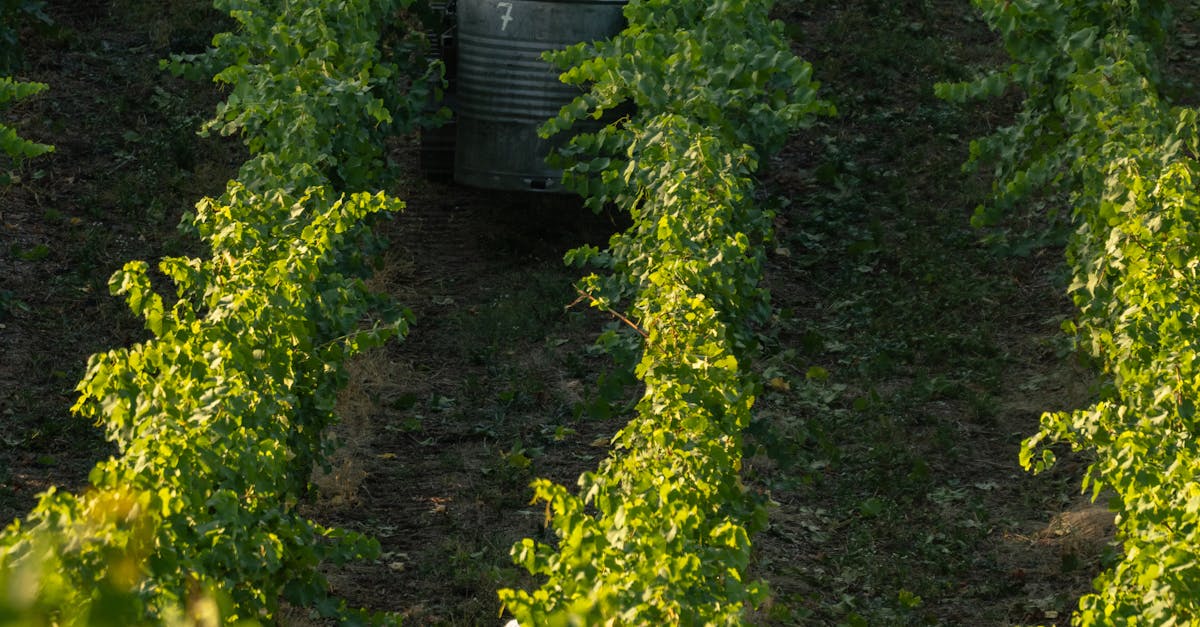
Overfertilization Risks for Trees
Overfertilization of trees can have detrimental effects on their health and overall well-being. When excessive amounts of fertilizer are applied, it can lead to nutrient imbalances within the soil, disrupting the tree's natural growth processes. In addition, the roots of the tree may become burned or damaged, making it challenging for the tree to uptake essential water and nutrients efficiently. As a result, the tree may exhibit signs of stress, such as yellowing leaves, stunted growth, and an overall decline in vitality. Tree fertilization near me must be approached with caution to avoid these risks.
Overfertilization not only harms the individual tree but can also impact the surrounding environment. Excess fertilizers can leach into groundwater or nearby water bodies, leading to nutrient pollution and potential harm to aquatic ecosystems. Furthermore, the runoff of fertilizers can contribute to algal blooms and other water quality issues. It is essential for tree owners to carefully consider the type and amount of fertilizer being applied to their trees to prevent overfertilization and its associated risks.
Impact of Excessive Fertilizer on Tree Health
By using excessive tree fertilizer, there is a significant risk of harming the health of your trees. When too much fertilizer is applied, the roots of the tree can become burned, leading to a decline in overall tree health. Through the process of overdosing trees with fertilizer, you might actually be doing more harm than good, resulting in stunted growth and susceptibility to various diseases. This brings up an important point to consider when evaluating options for tree fertilization near me.
The impact of excessive fertilizer on tree health goes beyond just immediate damage. Over time, continuous overfertilization can create nutrient imbalances in the soil, affecting the tree's ability to absorb essential elements. This disruption in nutrient uptake can weaken the tree, making it more prone to pest infestations and environmental stressors. Therefore, it is essential to approach tree fertilization with caution and to seek guidance from professionals to ensure that the health of your trees is not compromised.
Environmentally Friendly Fertilizer Alternatives for Trees
When considering environmentally friendly fertilizer alternatives for trees, it is essential to explore organic options that promote sustainability. Utilizing organic compost or mulch can be highly beneficial for tree health without causing harm to the surrounding environment. These natural alternatives not only provide nutrients to the trees but also improve soil structure and promote microbial activity, contributing to long-term tree health. When searching for eco-friendly options, tree owners can inquire with local nurseries or garden centres offering organic compost or mulch suitable for their specific tree species, enhancing nutrition and growth sustainably. Tree Fertilization near me can yield fruitful results with these environmentally friendly alternatives, ensuring the well-being of trees and the ecosystem.
Furthermore, incorporating bio-stimulants derived from natural sources such as seaweed extracts or fish emulsions can also be an effective environmentally friendly fertilizer alternative for trees. These bio-stimulants contain essential nutrients and growth hormones that promote root development, improve nutrient uptake efficiency, and enhance overall tree vitality. By integrating these natural products into the tree care regimen, tree owners can reduce reliance on chemical fertilizers that may have detrimental impacts on soil health and water quality. Embracing eco-conscious practices for Tree Fertilization near me will not only nurture the trees but also contribute to a more sustainable and balanced ecosystem in the local area.
Sustainable Practices for Tree Nutrition
Sustainable practices for tree nutrition are crucial for maintaining the health and vitality of trees in urban and natural environments. When considering tree fertilization near me, using organic and slow-release fertilizers can provide essential nutrients to trees without the risk of overfertilization. These alternatives promote gradual nutrient absorption by trees, ensuring long-term growth and resilience.
Additionally, implementing mulching techniques around the base of trees can enhance soil health by retaining moisture and suppressing weeds. Mulch also breaks down over time, enriching the soil with organic matter that benefits tree growth. When aiming for sustainable tree nutrition practices, prioritising natural and eco-friendly fertilizers alongside mulching can contribute to the overall well-being of trees and the surrounding environment.
Common Misconceptions about Tree Fertilizer
There are several common misconceptions about tree fertilizer that may lead to misunderstandings among homeowners and gardeners. One prevalent myth is that tree fertilizer is a one-size-fits-all solution, which is not the case. Different trees have unique nutritional requirements based on species, age, and local soil conditions. Therefore, it is important to understand the specific needs of your trees before applying any fertilizer. Another misconception is that more fertilizer means better results. Overusing fertilizer, especially nitrogen-rich ones, can harm tree health and lead to nutrient imbalances in the soil. It is crucial to follow recommended dosages and application guidelines to avoid overfertilization risks for trees and ensure their well-being. When considering "Tree Fertilization near me," be cautious of these misconceptions to make informed decisions for the health of your trees.
Debunking Myths Surrounding Tree Fertilization
When it comes to tree fertilization near me, one common myth that persists is that more fertilizer equals better results. However, overfertilizing trees can actually do more harm than good. Excessive amounts of fertilizer can lead to nutrient imbalances in the soil, which can stunt tree growth and even result in leaf burn. It's important to follow recommended guidelines for fertilizing trees and to avoid the temptation to overdo it.
Another misconception surrounding tree fertilization is that any type of fertilizer will do the job. In reality, different trees have specific nutrient requirements, and using the wrong type of fertilizer can be ineffective or even detrimental to tree health. It's essential to choose the right type of fertilizer based on the needs of the specific tree species and the soil conditions in the area.
FAQS
How does tree fertilizer work?
Tree fertilizer works by providing essential nutrients to trees that may be lacking in the soil, promoting healthy growth and development.
Can using too much fertilizer harm trees?
Yes, overfertilization can have negative effects on tree health, such as root burn, nutrient imbalances, and increased susceptibility to pests and diseases.
What are the risks of overfertilization for trees?
Overfertilization can lead to nutrient toxicity, root damage, reduced water uptake, and even tree death in severe cases.
Are there environmentally friendly alternatives to traditional tree fertilizers?
Yes, there are sustainable practices for tree nutrition that include using organic fertilizers, compost, and mulch to promote tree health without harming the environment.
What are some common misconceptions about tree fertilizer?
One common misconception is that more fertilizer means better results, when in fact, the right balance and application is key to successful tree fertilization.
How can I debunk myths surrounding tree fertilization?
By educating yourself on proper tree care practices, understanding the specific nutrient needs of your trees, and consulting with a professional arborist, you can effectively debunk myths and ensure the health of your trees.




